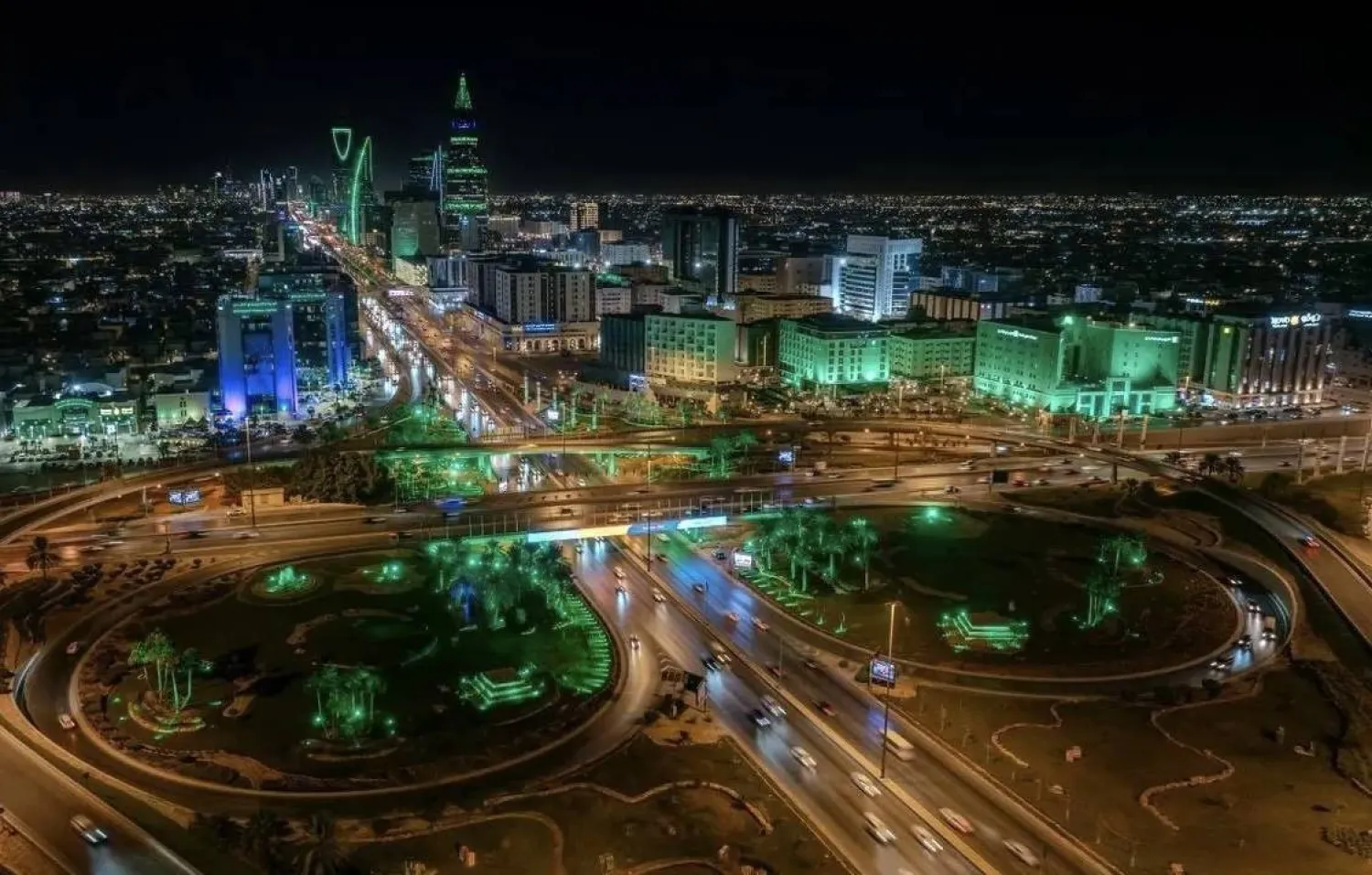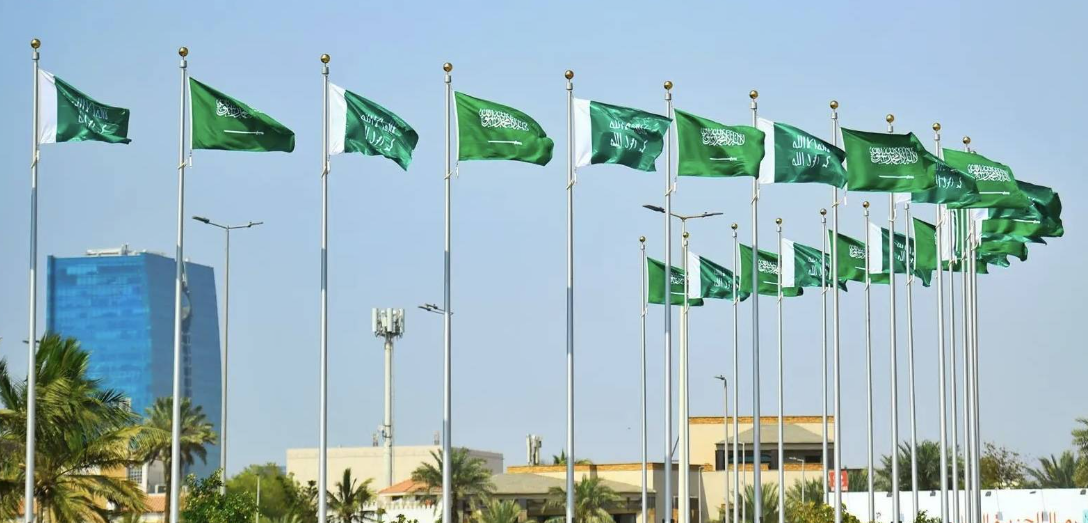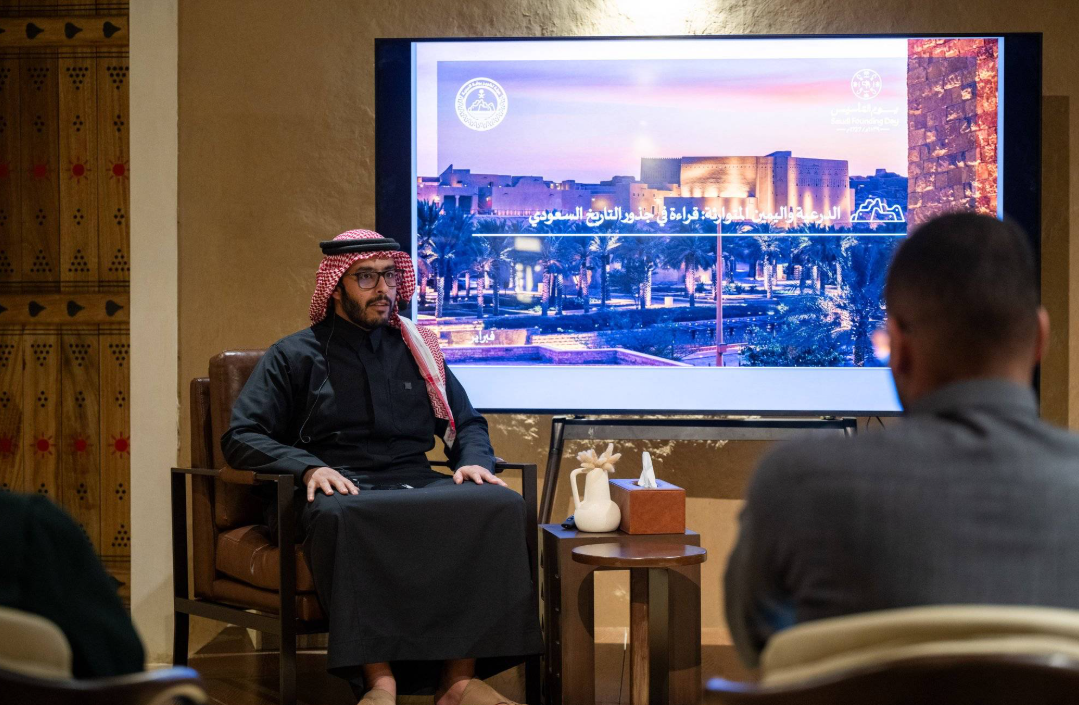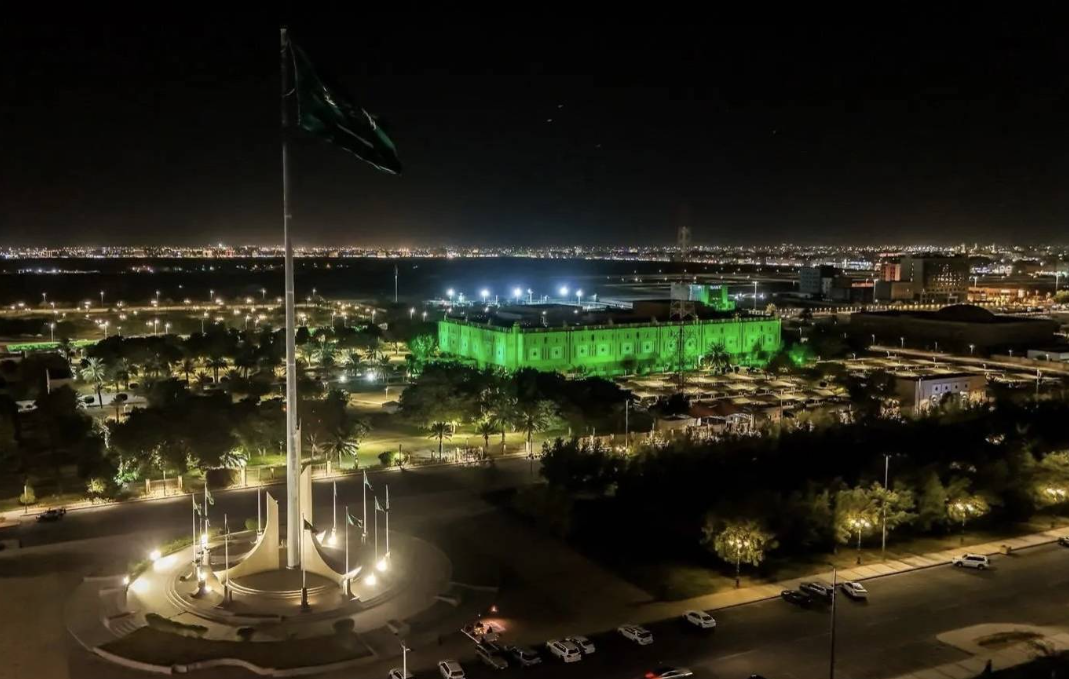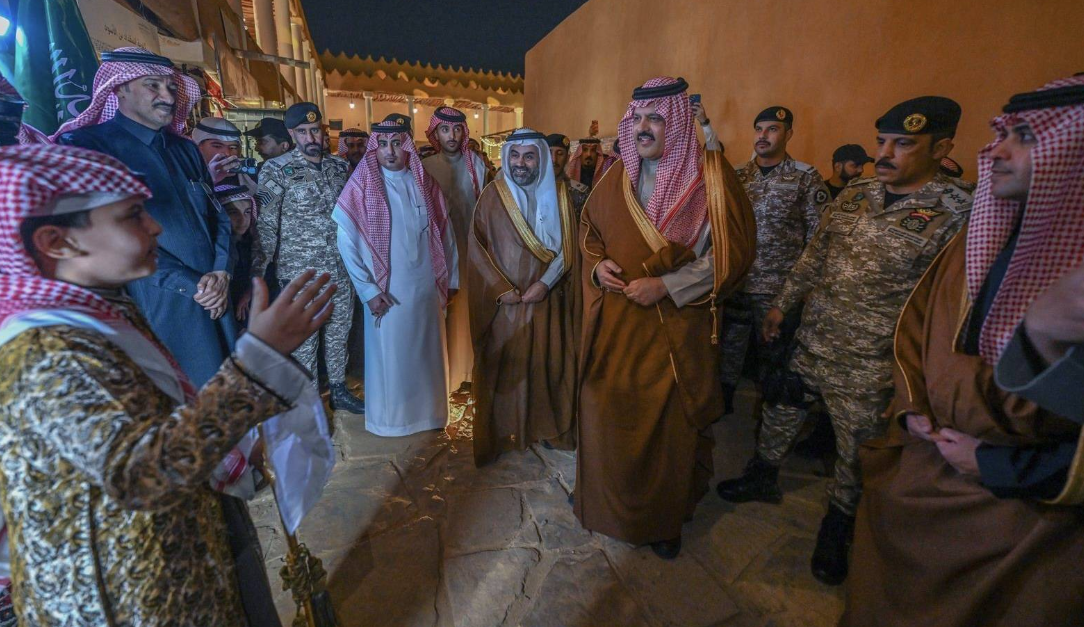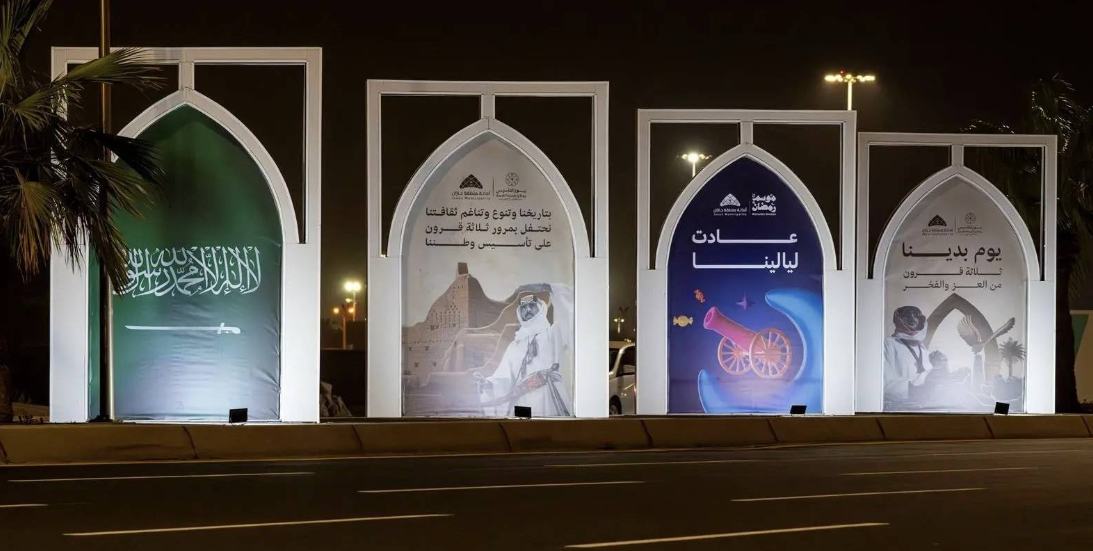The Turkish doctor at the center of an alleged fraud scheme that led to the deaths of 10 babies told an Istanbul court Saturday that he was a “trusted” physician.
Dr. Firat Sari is one of 47 people on trial accused of transferring newborn babies to neonatal units of private hospitals, where they were allegedly kept for prolonged and sometimes unnecessary treatments in order to receive social security payments.
“Patients were referred to me because people trusted me. We did not accept patients by bribing anyone from 112,” Sari said, referring to Türkiye's emergency medical phone line.
Sari, said to be the plot’s ringleader, operated the neonatal intensive care units of several private hospitals in Istanbul. He is facing a sentence of up to 583 years in prison in a case where doctors, nurses, hospital managers and other health staff are accused of putting financial gain before newborns’ wellbeing, The AP reported.
The case, which emerged last month, has sparked public outrage and calls for greater oversight of the health care system. Authorities have since revoked the licenses and closed 10 of the 19 hospitals that were implicated in the scandal.
“I want to tell everything so that the events can be revealed,” Sari, the owner of Medisense Health Services, told the court. “I love my profession very much. I love being a doctor very much.”
Although the defendants are charged with the negligent homicide of 10 infants since January 2023, an investigative report cited by the state-run Anadolu news agency said they caused the deaths of “hundreds” of babies over a much longer time period.
Over 350 families have petitioned prosecutors or other state institutions seeking investigations into the deaths of their children, according to state media.
Prosecutors at the trial, which opened on Monday, say the defendants also falsified reports to make the babies’ condition appear more serious so as to obtain more money from the state as well as from families.
The main defendants have denied any wrongdoing, insisting they made the best possible decisions and are now facing punishment for unavoidable, unwanted outcomes.
Sari is charged with establishing an organization with the aim of committing a crime, defrauding public institutions, forgery of official documents and homicide by negligence.
During questioning by prosecutors before the trial, Sari denied accusations that the babies were not given the proper care, that the neonatal units were understaffed or that his employees were not appropriately qualified, according to a 1,400-page indictment.
“Everything is in accordance with procedures,” he told prosecutors in a statement.
The hearings at Bakirkoy courthouse, on Istanbul’s European side, have seen protests outside calling for private hospitals to be shut down and “baby killers” to be held accountable.
The case has also led to calls for the resignation of Health Minister Kemal Memisoglu, who was the Istanbul provincial health director at the time some of the deaths occurred. Ozgur Ozel, the main opposition party leader, has called for all hospitals involved to be nationalized.
In a Saturday interview with the A Haber TV channel, Memisoglu characterized the defendants as “bad apples” who had been “weeded out.”
“Our health system is one of the best health systems in the world,” he said. “This is a very exceptional, very organized criminal organization. It is a mistake to evaluate this in the health system as a whole.”
Memisoglu also denied the claim that he shut down an investigation into the claims in 2016, when he was Istanbul’s health director, calling it “a lie and slander.”
Turkish President Recep Tayyip Erdogan said this week that those responsible for the deaths would be severely punished but warned against placing all the blame on the country’s health care system.
“We will not allow our health care community to be battered because of a few rotten apples,” he said.






